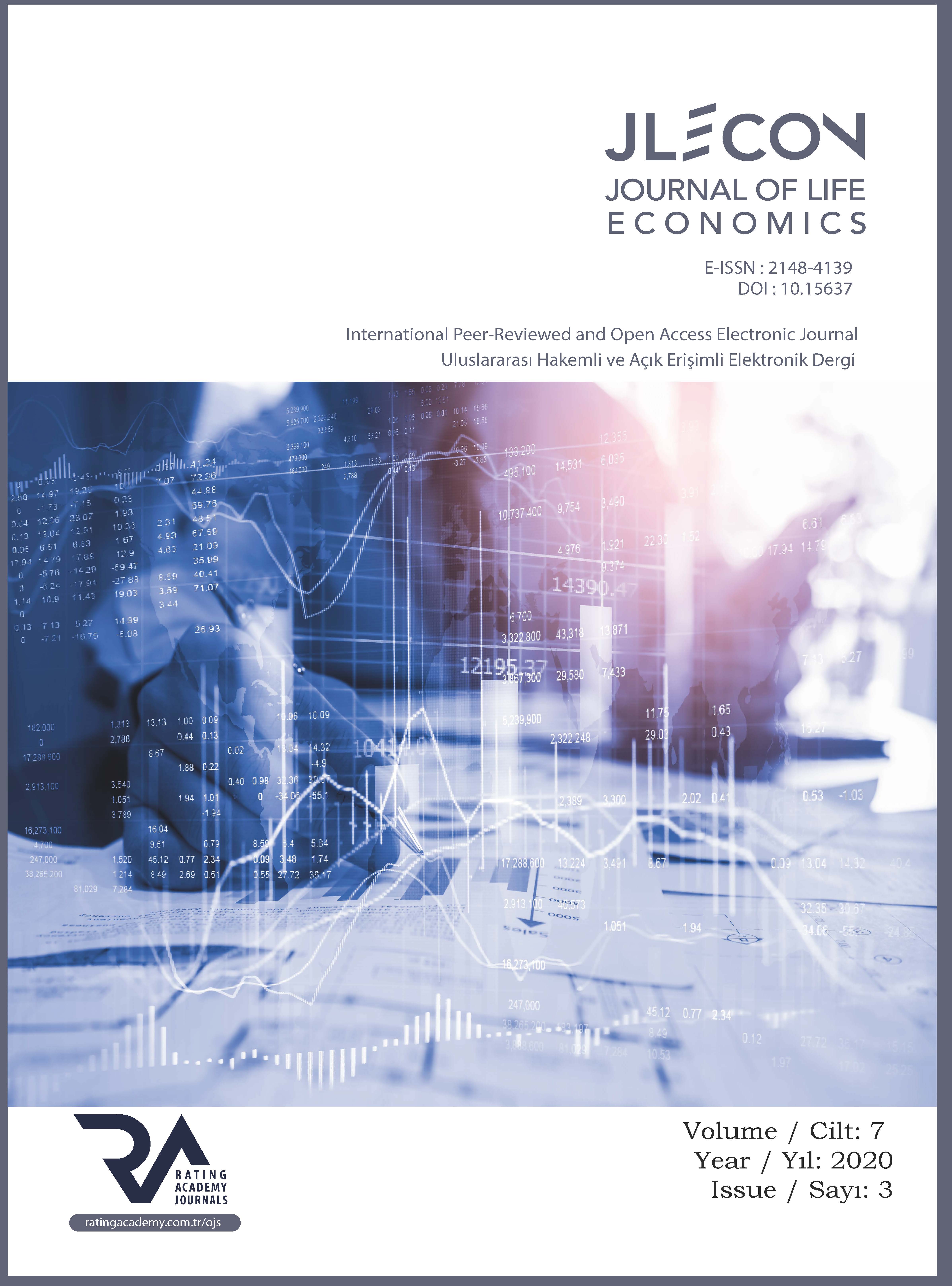ÖZEL TÜKETİM VERGİLERİNDE VERGİ GELİR ESNEKLİĞİ: TÜRKİYE VE OECD KARŞILAŞTIRMASI
TAX INCOME ELASTICITY IN EXCISE TAXES: COMPARISON OF TURKEY AND OECD
Author(s): Filiz Giray, Gizem ZERENSubject(s): Public Finances, Fiscal Politics / Budgeting
Published by: Rating Academy
Keywords: Excise Tax;Excise Tax in Turkey; Tax Elasticity; Tax Elasticity Theory;
Summary/Abstract: Taxes, which are the main fiscal policy tool for sustainable development in a country, are the major type of public revenue. Taxes have economic and social purposes besides generating income. One of the important parameters of the creation of the tax system that will accomplish these objectives is tax elasticity. Knowing the tax elasticity the tax system's ability to be an automatic stabilizer, increased proportionality and targeted tax revenue estimate is important. An inelastic tax system in a country would create uncertainty about the taxes to be collected. The aim of this study is to compare the theoretical value of tax elasticity in excise tax in Turkey in the period 2002-2019 with OECD countries. Tax income elasticity is an important tool in measuring the fulfillment of expectations of the excise tax, which is one of the main building blocks of the tax system due to its functions such as preventing negative externalities and reducing increasing proportionality. The results of the study showed that the tax income elasticity in Turkey in the excise tax is lower than in OECD countries
Journal: Journal of Life Economics
- Issue Year: 7/2020
- Issue No: 3
- Page Range: 239-256
- Page Count: 18
- Language: Turkish

